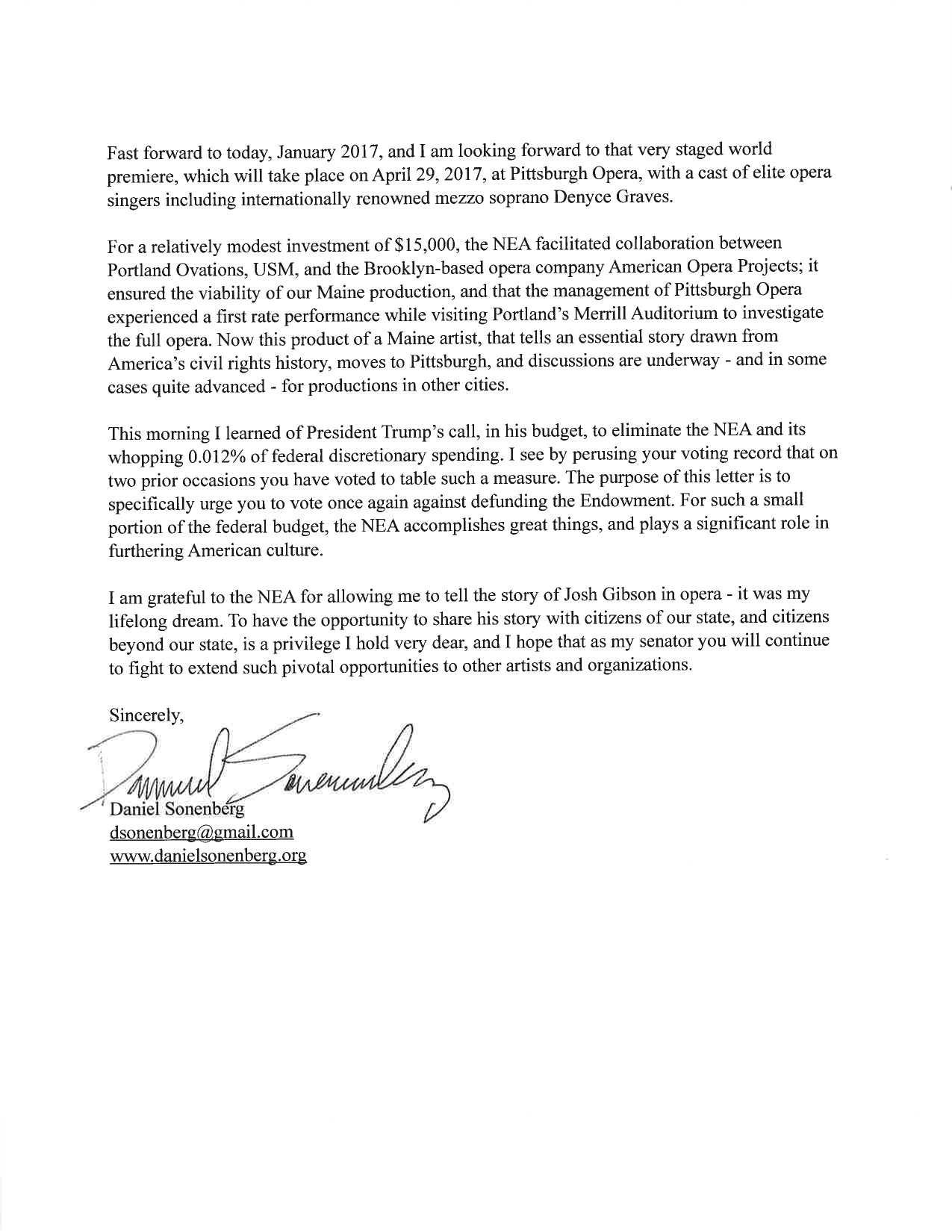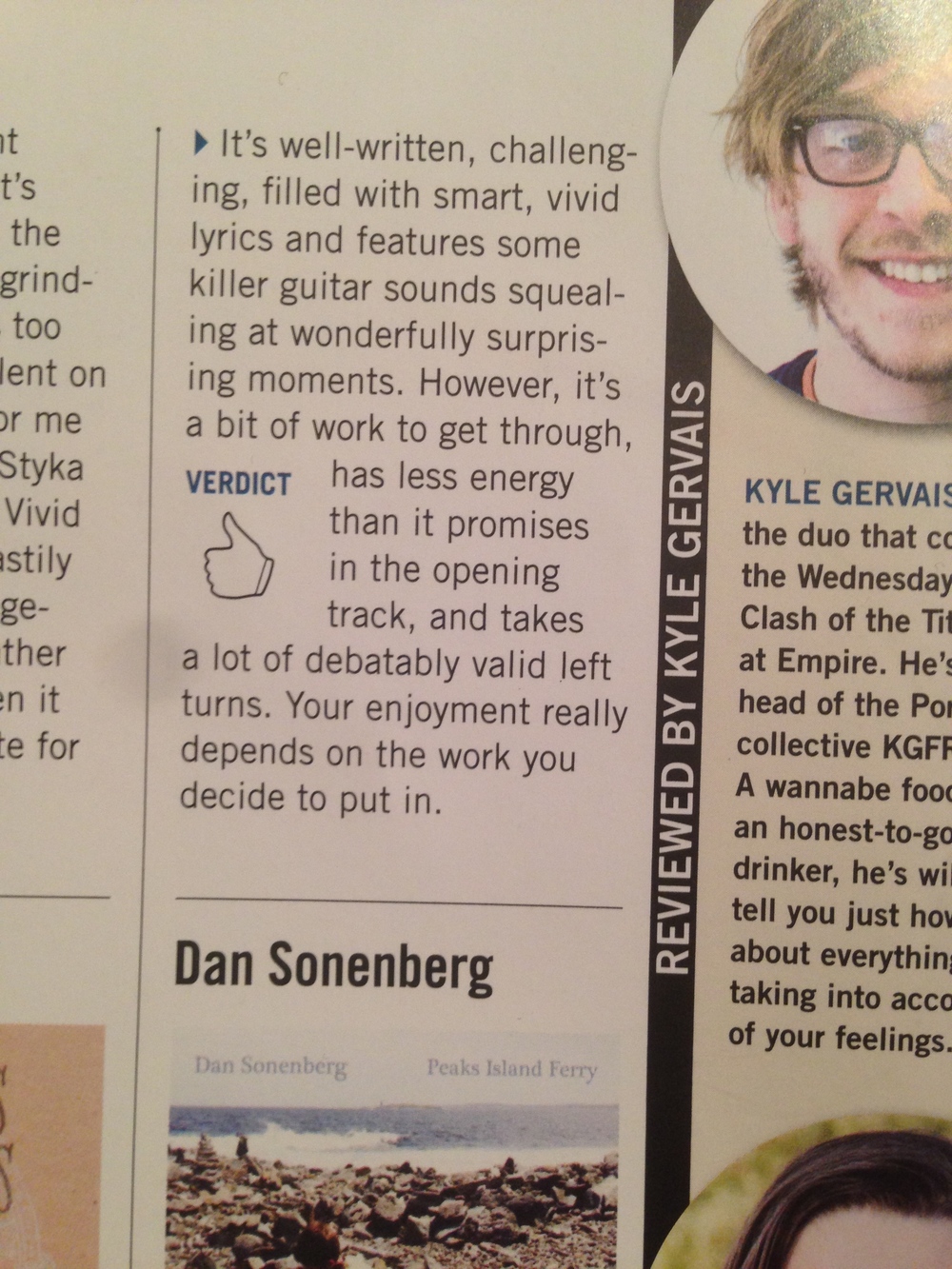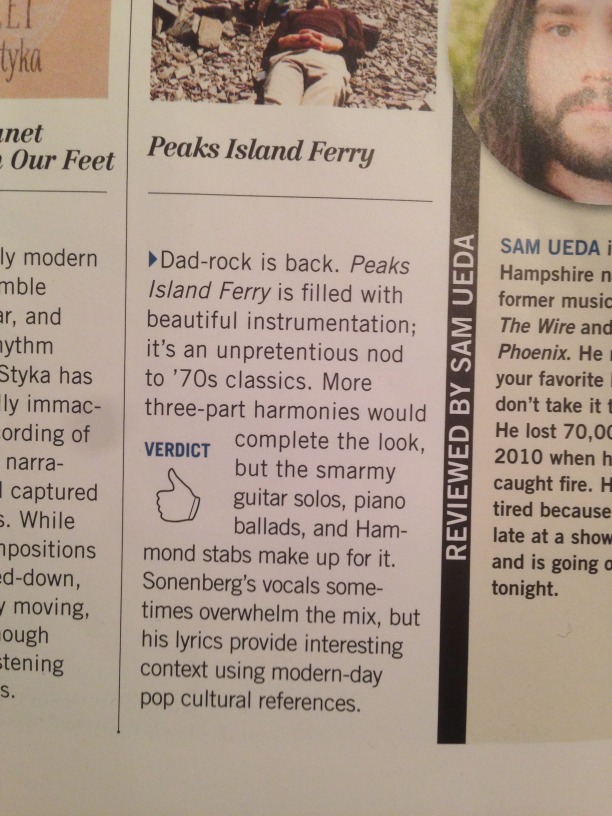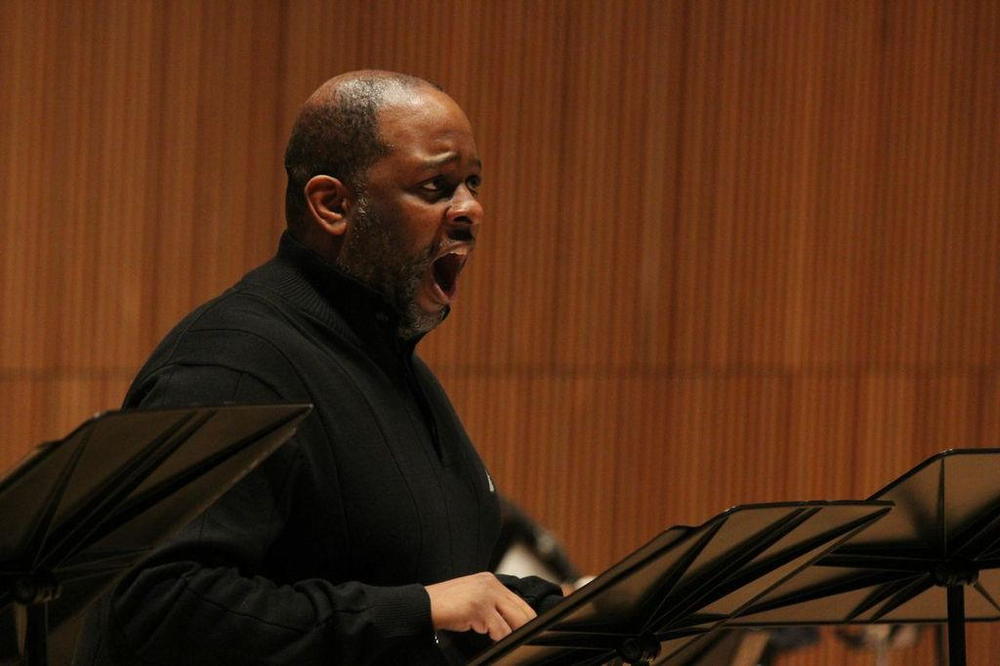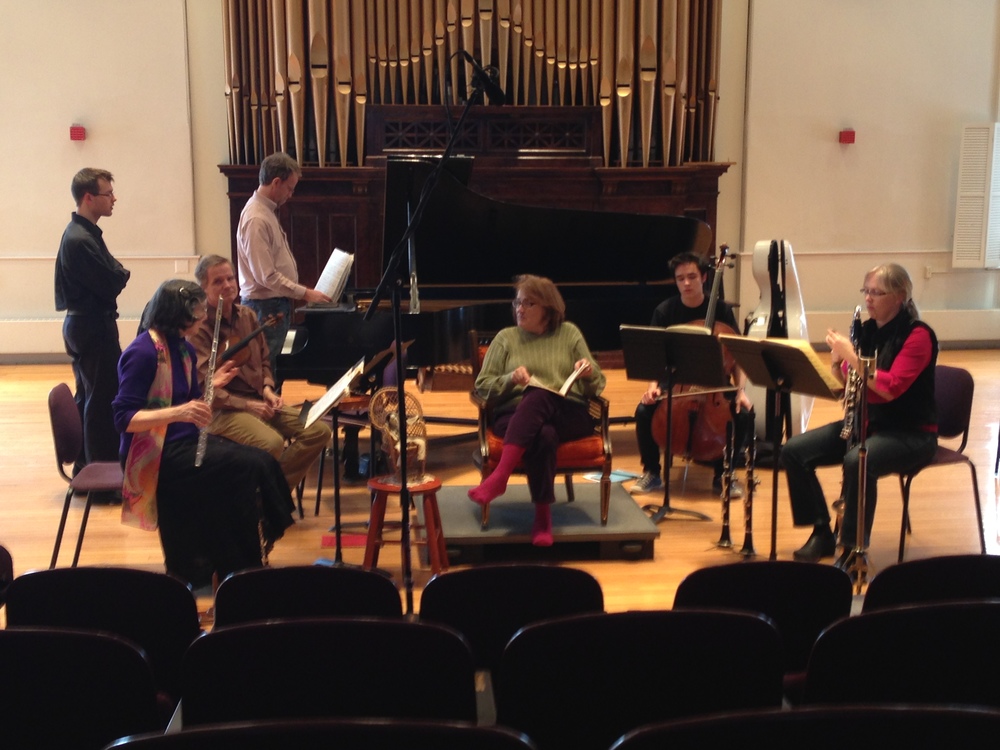My great summer labor of love is now complete and I am ready to share. As readers of my blog and followers of my tweets know, I have been working for several months on a demo of a scene from my opera – the Mexican scene that opens the second act. If you are inclined to cut right to the chase and listen to the scene, that is okay by me, just scroll to the bottom of this post. Though you might wish to check out the synopsis of the opera first – and particularly of that scene. Context is everything!
But for those still reading HERE, I wanted to sketch out the rationale, genesis, a process behind this recording project, since I imagine there are aspects to the composition and realization of opera that may be foreign to some…I mean at least one of my readers.
Rationale
As I have said elsewhere (though perhaps not in public, perhaps only in grant applications), opera is a tricky thing generally, and writing an opera on spec (i.e. without a commission) is an order of magnitude trickier. Of course writing on spec happens often in the world of the arts. Most writers write their first (and sometimes subsequent) novels on spec, and then send them out to prospective agents and publishers hoping for a bite. Similarly, visual artists often make their first works, or first efforts in a new body of work, without necessarily having a venue or assured representation. The thing with these forms is, however, they are what they are, and readily so. Meaning, if I write my novel, I can hand it to you, you can read it, and I can feel assured that you’ve come in direct contact with the work of art as I conceived it. (Whether you understood it is of course another matter, but irrelevant for now). With a painting it’s even better, since I can look at you looking at my painting and know that at least the entire thing has sat before your eyes.
The case is quite obviously different with music; perilously so with opera. These days, most composers are generating at least decent midi demos of their instrumental pieces, using software such as Finale or Sibelius, and sometimes even editing further in more dedicated sequencing or recording programs. The trouble comes when the human voice is involved, since voice is among the weakest of sampled sounds, and even when it’s a decent patch, it is next to impossible to sample words – or at least the right words!
So opera composers writing on spec are in a bind. I finished my entire opera at the end of last year, but still, no one has heard it yet (including me). I have done play-throughs of sections, had live performances, workshops, and done several recording sessions, so that now I have little bits and pieces and even some larger bits and pieces of the whole thing to share, but I still, to this date, cannot just hand my opera to someone and expect them to get it, or be able to digest its totality in any way at all. There are a handful of truly exceptional score readers out there who can “hear” some semblance of the full texture by reading through the score, but particularly with contemporary music, where harmonic schema are so varied and individualized, I am always skeptical that anyone can really accomplish this feat anymore.
So there is a great frustration, upon completing a great opera (if I dare take such liberty!) that absolutely no one can judge it on its merits. There is required an additional step of translation, of realization, before someone can evaluate the work as a whole. And needless to say, that remains the case even after this most recent demo, which constitutes less than one sixth of the entire opera. Nonetheless, however, it is a more ambitious and more demonstrative piece of tape by a long way than any I’ve had at my disposal to date.
Genesis
My ambition was to demo up one of the most elaborate, sexiest sections of the opera, to show its potential and get prospective producers, directors, funders et al excited. As I have mentioned previously, the sexiest and best scene for this purpose would be the tavern scene, Act I Scene 4, but the overall demands of that scene – the most difficult and complex music of the opera – made even contemplating a serious pass at a demo too daunting. The runner-up was the Mexico scene, which had the advantage of having been scored from the get-go for piano and mariachi band (two violins, two trumpets, double bass, guitar, castanets). As with the rest of the opera’s score, as it currently exists, the piano is a stand-in for an orchestra whose size and exact make-up will be largely contingent on what’s on offer from the lucky company who gets to do this thing first. I have deliberately kept my options open by not finalizing orchestration for much of the opera, but there are some scenes so contingent on specific sounds that semi-orchestration was essential.
Making the Recording
So after deciding that it was the Mexican scene, I had to come up with a plan of action. The scene involves a choir, the aforementioned mariachi band, a mariachi vocal trio, and six total solo singers. My initial impulse was that I needed MONEY, and help from friends! I applied to grants from the Maine Arts Commission and the Faculty Senate of my own institution, the University of Southern Maine, and fortunately was successful in both cases. The combined money would still not be quite enough for me to hire all of the professional instrumentalists and singers I would need, but it was at least ballpark (I wouldn’t be hopelessly bankrupting myself and my family in the process…only partially!)
Bob Russell, USM’s choral director graciously agreed to lend me the talents of his ensemble and himself for the recording. I would have their penultimate rehearsal of the semester to rehearse, and their final 1.5 hour rehearsal for recording. There are only three choral sections in the scene, and they are reasonably short, so this seemed doable. But as this was coming together midway through the spring semester, I did not feel prepared to gather all of the horses I needed for the full scene, since it involved hiring singers (most likely from out of town) and other logistics. Since the ensemble needed to play alongside the chorus, I needed all of the instrumentalists on board for our early May session. It all came together beautifully, and at the time I posted some vids of the action.
We did the recording almost entirely with in-house equipment, by the way, as one of my projects over the last several years has been cultivating a mobile and quite capable recording studio at USM. With the help of local recording guru Steve Drown, who did bring with him some extra fancy microphones, we were able to gather some beautiful sounds, and documented the placement of every player and every mic, so that we could blend the takes with later sessions.
Meanwhile, my friend and advisor Tim Steele, a vocal coach at NEC, helped me find personnel for the next phase of the recording. It has been a priority of mine since the inception of this opera that the African American roles (with which this opera is obviously rife) be performed by African American singers, even for a purely audio-recording. Certainly at least part of the rationale there is that I am aiming to develop relationships with singers who might partake in subsequent workshops, recordings, or even full productions. I have not always been able to keep entirely to this plan, but generally it’s worked out. Through Tim I found the great Laurelle Mathison, a mezzo, and Christian Figueroa, a native Spanish-speaking tenor ideally suited to perform the colorful role of Señor Alcalde, the mayor of Vera Cruz. I had previously brought Ron Williams up to Maine to sing the role of Josh Gibson in some live excerpts of the opera, so he was a natural fit. I engaged Tim as a vocal coach, and he worked with the singers in Boston; I came down for a final meeting before the recording.
The work was additionally bolstered by some of USM’s finest student and recent-alumni performers, including tenors Jesse Wakeman and Jeff Caron, baritone Josh Miller, percussionist Josh Champagne, and piccolo player Nicole Rawding. The only thing I was not able to get in place in time for our two recording sessions, scheduled for July, was my mariachi vocal trio. So I put it off, and planned to overdub them at a later time.
During two intense recording sessions in early July at USM, we recorded the remainder of the scene. I conducted, Steve was back at the sound controls; singers drove up from Boston, others rolled in from nearer by; my ensemble reconvened, and we spent six hours working methodically. It is certainly an interesting challenge to record an opera with players and singers who have not previously performed the piece! Which is to say, if we were coming off the heels of a 4 or 6 performance run, it would be logical and easy to progress to the recording studio. But in this case, everyone was essentially learning the music as it was being recorded. At least learning how to play it together. On paper it’s such a daunting concept that I’m glad I didn’t think about it too much beforehand.
When these sessions were done, I then spent the next two weeks hunched in front of a ProTools workstation, editing together what felt like hundreds of takes, putting sonic events that took place months apart into close and seamless succession.
Meanwhile, the search was ON for the last piece of the puzzle, my mariachi vocal trio. After hearing Christian Figueroa give such life to the role of Señor Alcalde, I decided it was essential to find native Spanish speakers, ideally Mexican, with some actual mariachi experience. With certainty, this meant leaving Maine! Fortunately I was able to liberate a little bit of additional research funding, since the new fiscal year had begun. Since my former home base of NYC is still where I have the most contacts (and feel the most comfortable), I set my sights there, and enlisted some friends to get singer recommendations. Thanks in large part to Facebook (!), I was connected with Mauricio Trejo, who is Mexican and a sometime mariachi performer, and also Alex Guerrero and Rod Gomez, the last of whom is Pilipino, and knows only “book Spanish.” We shared a good laugh over this when we met at a New York Recording studio for the first time. Nonetheless, my mariachis comported themselves brilliantly during our two-hour session at Second Story Sound under the guidance of myself and engineer Alejandro Venguer.
Drove back to Maine with my little hard drive, hit the ProTools studio again for several evenings, filtering in the newly recorded material. Then, persuaded the great and good Ron Williams to record some off stage dialogue for me w/ audacity, which he sent me as a WAV file. And finally, just this morning in fact, I met with Steve Drown for final editing and mixing. Steve, benevolent soul that he is, complimented me on my many splices (but wasn’t shy about fixing the ones that needed it). He did that magically-make-everything-sound-better thing.
So here it is. Countless hours of work, rehearsals and recordings in three states, six vocal soloists, a choir, two conductors, two sound engineers and nine instrumentalists, all so that I could share these 19 minutes of my opera with someone (and especially you). Well, and me. I hope you enjoy it. Please feel free to share, though I’d prefer a link to this website than to the SoundCloud page, since context is kind of everything! (If you are interested in receiving higher quality audio, or additional materials about the opera, please contact me)
On this recording:
Singers:
Wendell Smith: Jesse Wakeman (tenor)
Gus Greenlee: Jeff Caron (tenor)
Señor Alacalde: Christian Figueroa (tenor)
Grace: Laurelle Mathison (mezzo)
Josh Gibson: Ron Williams (baritone)
Sam Bankhead: Josh Miller (baritone)
Mariachi vocal trio: Mauricio Trejo (tenor), Alex Guerrero (tenor), Rod Gomez (baritone)
Ensemble:
Violins: Jenny Elowitch, Rob Lehmann, Dino Liva
Trumpets: Alan Kaschub, Michelle Kingston
Bass: Joshua DeScherer
Guitar: Don Pride
Castanets: Josh Champagne
Piano: Bridget Convey
Piccolo: Nicole Rawding
Chorus:
The University of Southern Maine Chamber Singers, Robert Russell, conductor
Conductor: Daniel Sonenberg (Robert Russell for the choral sections)
Recorded by Steve Drown at the University of Southern Maine
Overdubs recorded by: Alejandro Venguer, Second Story Sound, NYC
Edited by Daniel Sonenberg
Mixed and Mastered by Steve Drown and Daniel Sonenberg
SYNOPSIS OF SCENE
Vera Cruz, Mexico, 1941.
PRELUDE: Wendell Smith asks Gus Greenlee, who has now been out of baseball for three years, why, after all he did for his players, they still abandoned him to play in the Mexican baseball league. Gus replies that the only thing his money couldn’t buy them, what they got down south, was dignity.
SCENE: A tremendous celebration, featuring Mexican music and proclamations by the mayor of Vera Cruz, Señor Alcalde. Josh is initially nowhere to be found, but ultimately stumbles on stage with a somewhat ornery disposition. He receives his prize money for being named Player of the Year, and complains about being paid in “Mex dollars,” before acknowledging that life south of the border is pretty good. He wonders why they should ever go home, while Grace tells him to enjoy the “high living” tonight, but be prepared to go back to the states and conquer the “whole white world” tomorrow. While others celebrate, Grace and Josh steal away to smoke a joint, and Josh, who grows increasingly agitated, collapses at the end of the scene (initially pulling Grace down with him).
SYNOPSIS OF SCENE Vera Cruz, Mexico, 1941.
PRELUDE: Wendell Smith asks Gus Greenlee, who has now been out of baseball for three years, why, after all he did for his players, they still abandoned him to play in the Mexican baseball league. Gus replies that the only thing his money couldn’t buy them, what they got down south, was dignity.
SCENE: A tremendous celebration, featuring Mexican music and proclamations by the mayor of Vera Cruz, Señor Alcalde. Josh is initially nowhere to be found, but ultimately stumbles on stage with a somewhat ornery disposition. He receives his prize money for being named Player of the Year, and complains about being paid in “Mex dollars,” before acknowledging that life south of the border is pretty good. He wonders why they should ever go home, while Grace tells him to enjoy the “high living” tonight, but be prepared to go back to the states and conquer the “whole white world” tomorrow. While others celebrate, Grace and Josh steal away to smoke a joint, and Josh, who grows increasingly agitated, collapses at the end of the scene (initially pulling Grace down with him).



